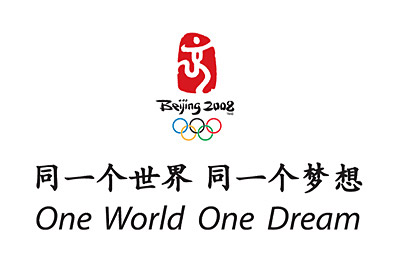"Sin and God are correlative terms"
One of the sessions that we ran during our orientation before the 'English and Bible Camp' in Moldova was a session on what is the gospel. I was really keen that this session was stretching and went beyond the often quite reduced form of the gospel presented in some of these sorts of seminars.
One thing that emerged very clearly in the session was a lack of clarity on the nature of sin. It seems that many people have unintentionally adopted quite an 'Islamic' view of sin: that is, that people are mainly good (not mainly bad), and that sin is defined by the bad things we do - a set of black marks, if you like. Islam rejects any form of original sin and, given that humans were never in a relationship with God, the Islamic view of sin is not associated with rebellion against God. But to hold onto a quasi-Islamic view of sin will lead you to an anaemic form of Christianity.
Here are a few implications that I can see:
Atonement theology. Within Christianity, sin is presented as a wilful heart attitude in rebellion against God. I'm struck by the number of times that Jesus presents sin as a disease (think, for instance, of John 3:14-15 in context, and Mark 2:17) - there's nothing that we ourselves can do to free ourselves from this attitude of rebellion against God. As Will Metzger puts it, we find ourselves playing God: running our lives as if God did not matter; ignoring God; trying to be self-sufficient and self-made people - and also fighting God: wanting to decide for ourselves what is right and wrong. Sin and God are correlative terms. Rebellion is part of who we have become by nature. And so this leaves us with two interconnected but separate problems:
1. Somehow, we need to be forgiven by the holy and just God for our sinful actions that have flowed from our part hearts.Both of these things are necessary - we see that the death and resurrection of Jesus not only needs to bear God's wrath, but also to give new life. If the cross and resurrection dealt with only one of these problems, our atonement would be incomplete. Whilst we hold onto to a quasi-Islamic view of sin these things are not seen in clarity.
2. We need to be given new hearts so that we no longer keep rebelling against God.
In our evangelism. We are likely to equate a guilty conscience in a person with conviction of sin. If a person admits that they are not perfect, we'll think that they recognise themselves to be sinful. But, as we've seen, conviction of sin needs to include an awareness of a wrong relationship with God, a sense of helplessness to do right, and therefore a consequent need of a new heart. We need the Spirit to show people that they are not only imperfect - but that they are sinful. The proclaimed gospel makes little sense if this point on sin is missed. Non-believers with a high view of humanity will miss the point of the gospel so long as they don't realise the gravity of the situation they are in. Rather, we must show them that God demands punishment for our sins and we can do nothing to avoid that punishment (because we keep sinning). We need to show them our complete hopelessness outside of Christ.
"I believe that much of our evangelistic and personal work today is not clear simply because we are too anxious to get to the answer without having a man realize the real cause of his sickness, which is true moral guilt (and not just psychological guilt feelings) in the presence of God." (Francis Schaeffer).
The holiness of believers and their sanctification. So long as we hold to a quasi-Islamic view of sin, we're likely to think that we're pretty good people. I'm likely to come to times of confession and look out for things that could be held as 'black marks' against my name. However, once I see sin as relational - as failing to love God and to treat him as God, my view of what is 'sinful' is expanded. I'm not only going to see trangressions as sin, but I'm also going to be aware of how I've failed to be like Christ and how I've failed to live with God as my God. I'm also going to be driven more regularly to the cross and I'll be more deeply amazed by the love that God has shown me.







